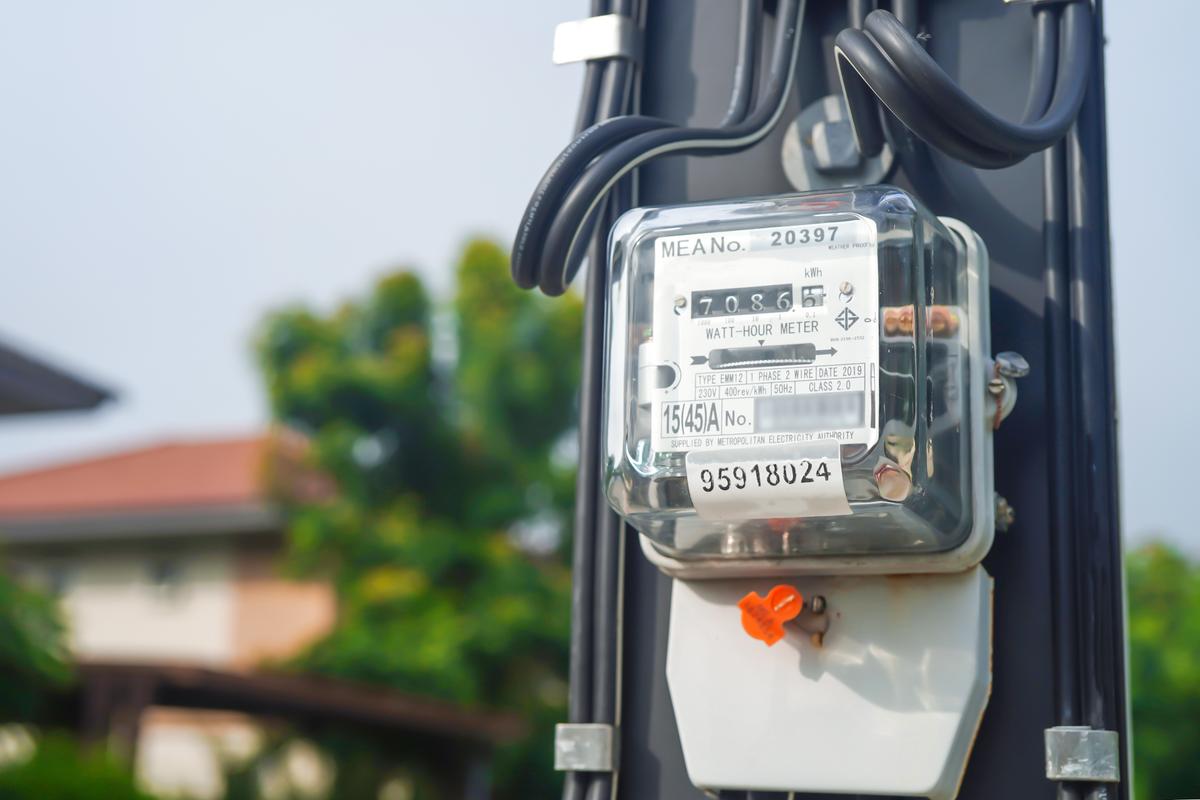In the ever-evolving landscape of household technology, one component often overlooked is the natural gas flow meter. As homeowners strive for greater efficiency and cost-effectiveness, integrating a reliable and accurate residential natural gas flow meter can play a pivotal role. In this article, we delve into the world of budget-friendly technology with a specific focus on residential natural gas flow meters, exploring their significance, benefits, and how they contribute to a more sustainable and economically sound home environment.
Understanding Residential Natural Gas Flow Meters
A residential natural gas flow meter is an innovative device designed to measure the consumption of natural gas in households. Installed at the point of entry, these meters provide real-time data on gas usage, enabling homeowners to monitor their consumption patterns. This information empowers individuals to make informed decisions about energy usage, leading to more conscious consumption and potentially significant cost savings.
Benefits of Incorporating a Residential Natural Gas Flow Meter
Accurate Billing
With traditional billing methods, homeowners often receive estimated bills, which can lead to discrepancies and unexpected costs. Residential natural gas flow meters eradicate this issue by providing precise consumption data. This ensures that bills accurately reflect actual usage, promoting transparency between consumers and gas providers.
Promoting Energy Efficiency
By having access to real-time data on gas usage, homeowners can identify areas of excess consumption and take proactive measures to reduce waste. This not only helps the environment by lowering carbon emissions but also results in considerable financial benefits over time.
Budget-Friendly Solution
As the cost of living continues to rise, finding ways to save money is a priority for many households. Residential natural gas flow meters enable homeowners to fine-tune their energy usage, translating to noticeable savings on monthly bills.
Key Considerations for Choosing a Flow Meter
Selecting the ideal residential natural gas flow meter involves understanding your household’s specific needs and the available options in the market. Here are some key considerations to keep in mind:
- Flow Rate Capacity: Different households have varying gas consumption rates. Choosing a flow meter with an appropriate capacity ensures accurate measurements regardless of usage fluctuations.
- Installation Ease: Opt for a flow meter that is easy to install and compatible with your existing gas infrastructure. This will save you time and potentially installation costs.
- Data Accessibility: Look for models that offer user-friendly interfaces or mobile apps, allowing you to conveniently monitor gas usage data remotely.
Installation and Maintenance
Installation of a residential natural gas flow meter should ideally be carried out by a professional gas technician. This ensures proper placement and accurate readings. During installation, factors such as gas pipe diameter, location, and local regulations should be considered.
Regular maintenance and calibration are essential to ensure the continued accuracy of your flow meter. Consult the manufacturer’s guidelines for recommended maintenance intervals and calibration procedures.
Conclusion
In the pursuit of a more sustainable and economically conscious lifestyle, integrating budget-friendly technologies is key. The residential natural gas flow meter stands as a prime example of how innovation can lead to significant savings and enhanced environmental responsibility. By accurately measuring gas consumption and promoting conscious usage, homeowners can take control of their energy expenses while contributing to a greener future.

